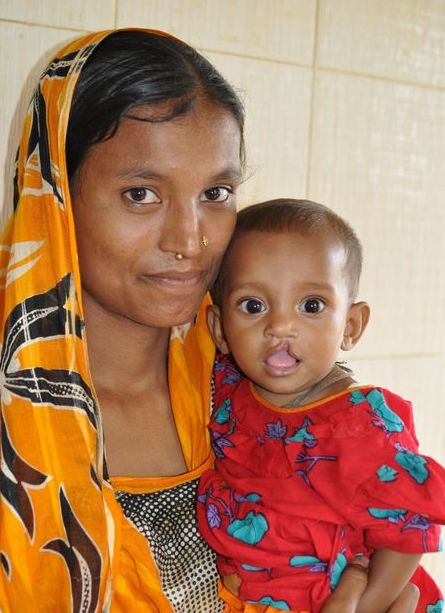I met the families of baby Popy and Taslim with the help of our local Chittagong Rotaract volunteer, Moinul. The families had traveled 12 hours from Hatia, a coastal town, by steamer boat to arrive at the hospital. The families are friends, and had heard of our Rotaplast mission from a nationally placed advertisement Rotary had placed in a Chittagong paper.
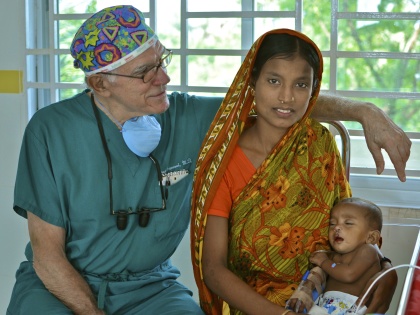
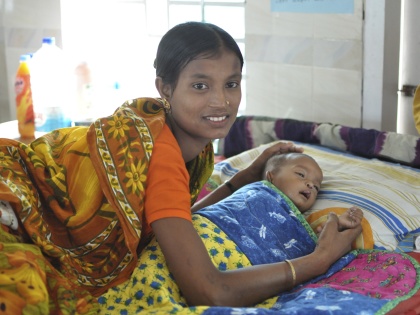
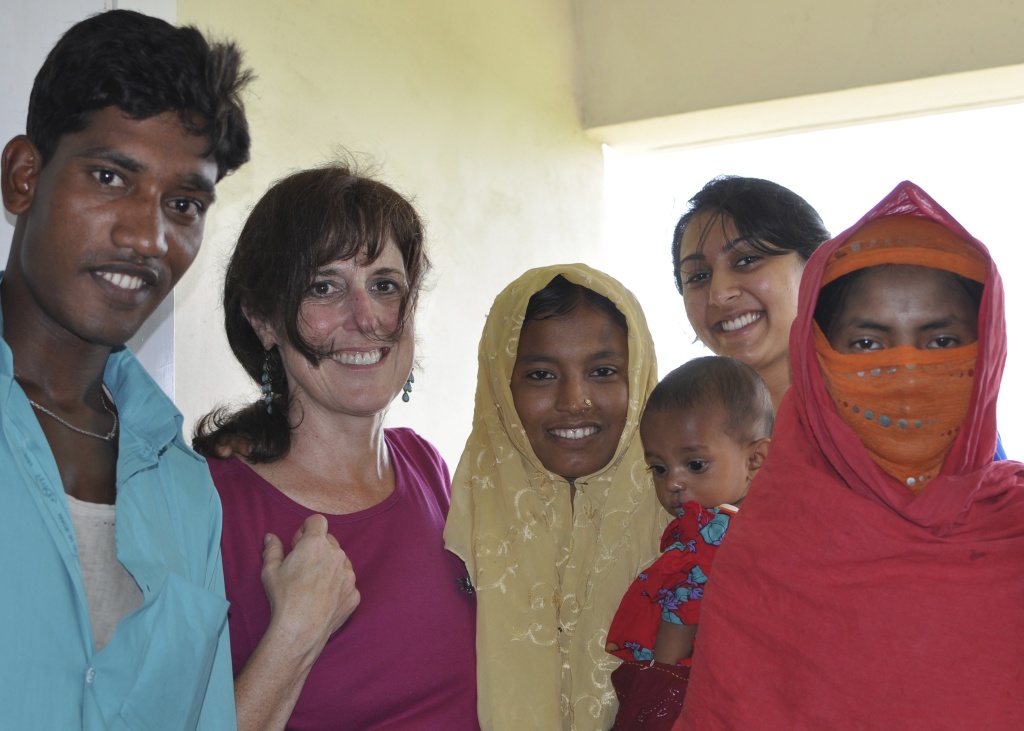
Hatia is a town that is so low-lying it consists of what are called Chars. Chars are small islands made of sand. These islands are washed away year after year with the tides and floods after which new Chars are created. Because of this residents are often displaced and have to quickly dismantle their homes made of elevated bamboo and relocate to new Chars.
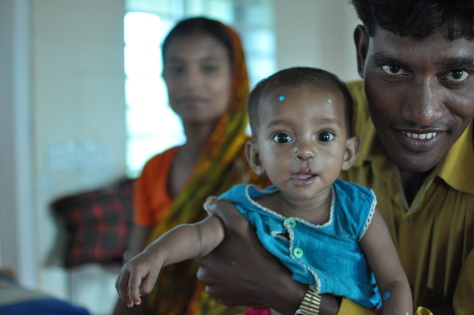
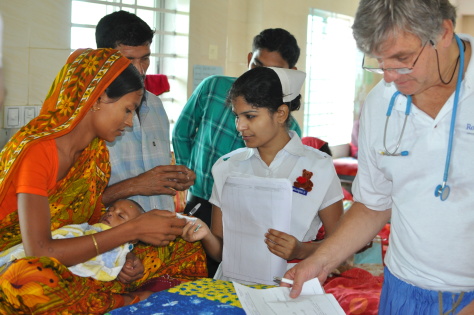
I asked our translator Moinul why the families seemed so happy in spite of their trying circumstances. He explained that to have the natural beauty of Bangladesh you must put up with the natural disasters. He said the natural beauty of Bangladesh gives Bengalis great mental satisfaction.
All I can think about this week is the tremendous adaptability of the human spirit.
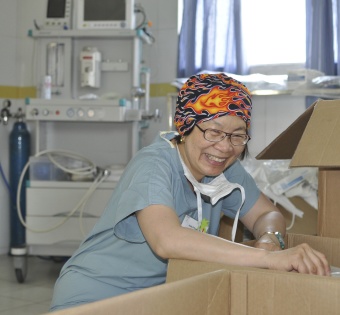
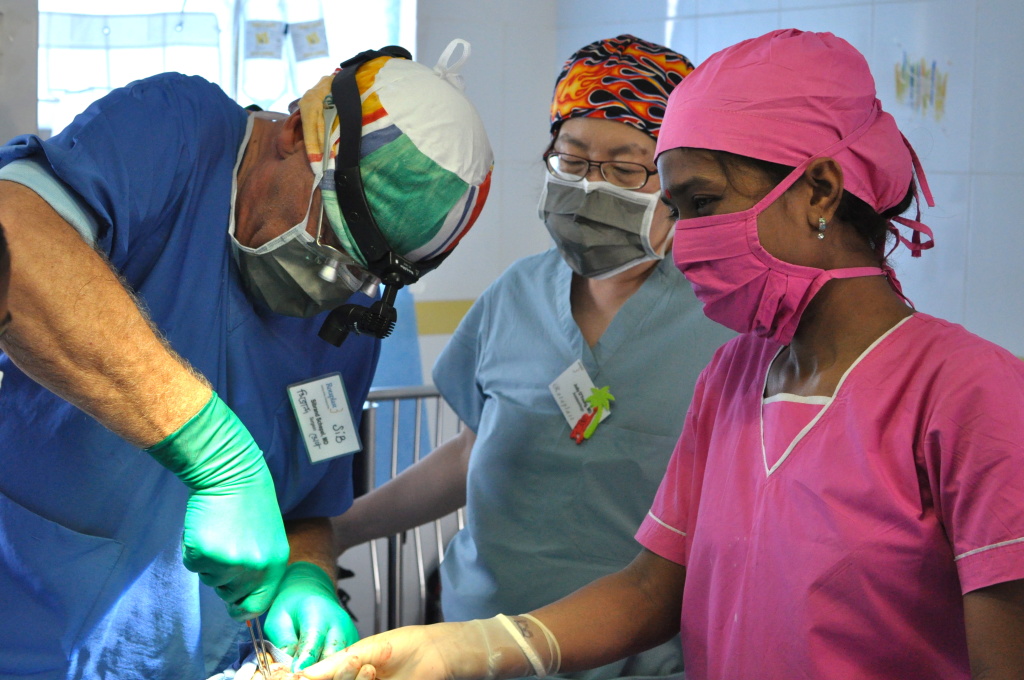
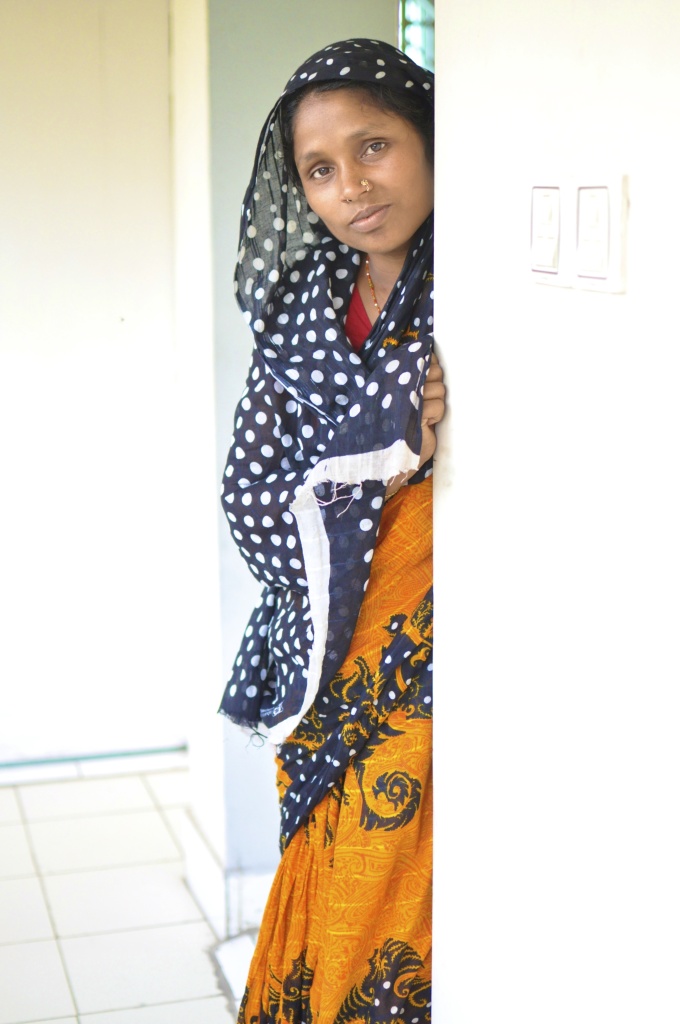
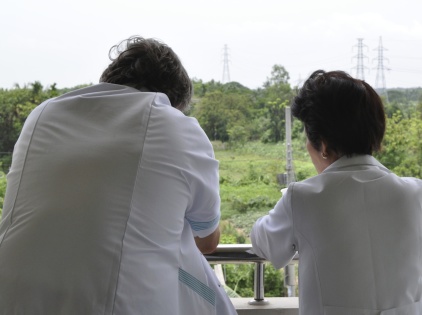
“We’re all under pressure, but there’s really no point to worry. This is our only option, to move from place to place. We farm this land for as long as we can, and then the river washes it away. No matter how much we worry, the ending is always the same.”
-Char dweller




